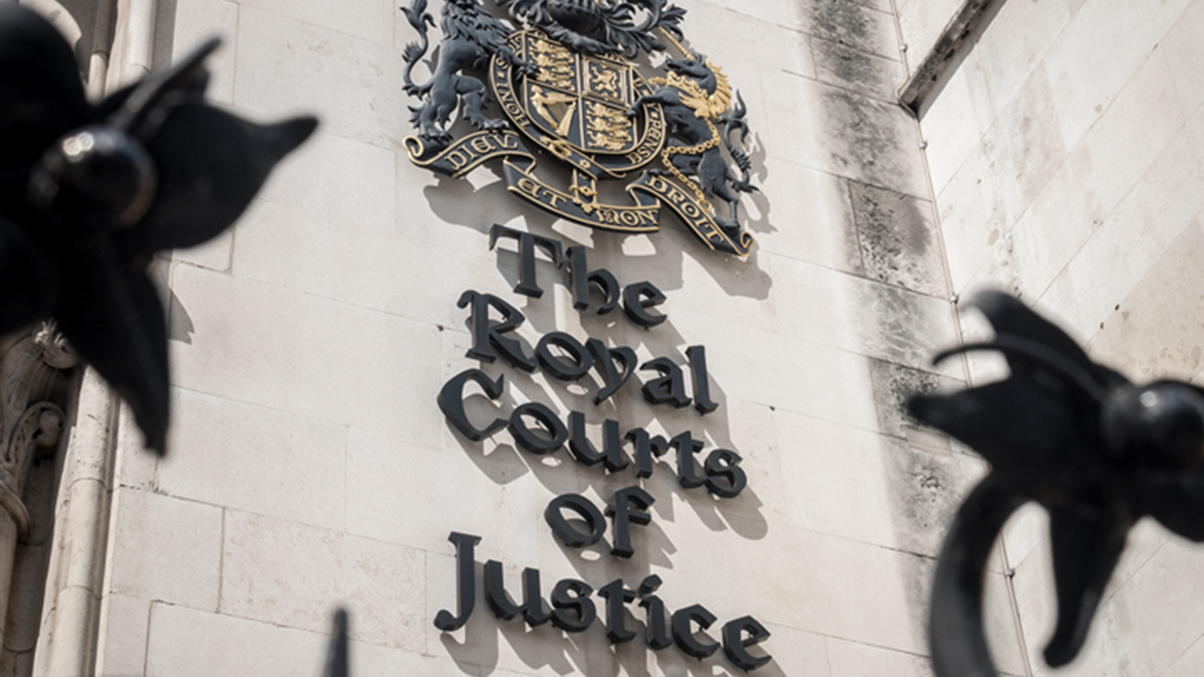The recent Court of Appeal decision in Haley v Haley [2020] EWCA Civ 1369confirmed that the test for the Family Court in allowing a challenge to an arbitration award is the same as allowing a challenge to a court-based award. Prior to the decision, there were concerns that by signing up to arbitration, individuals were left with more limited options to challenge ‘bad decisions’.
This was considered a major factor in the relatively slow take-up of arbitration in family disputes, despite the huge time, cost savings and the complete privacy it offers. This decision represents an important step forward for family arbitration.
The decision also reminds practitioners that consent orders, including arbitration orders (whether accepted by the parties or disputed), do not automatically receive a rubber stamp approval from the court.
Background
The parties had attended an unsuccessful Financial Dispute Resolution (FDR) hearing, and the matter was listed for trial to commence in September 2019. One week before the hearing, the parties were told that no judge was available and that the trial would have to be adjourned and relisted at an unknown future date. Having already prepared for trial, the parties agreed to move the matter to arbitration before Mr Howard Shaw QC (an experienced barrister and arbitrator).
The trial, therefore, continued as planned but before an arbitrator rather than a court-appointed judge. Mr Shaw determined the case.
At this stage, the award would usually be submitted to the Family Court for its approval. However, the husband was not happy with the decision and invited the Family Court to impose its own decision instead of approving the arbitrator’s award.
Ordinarily, an arbitration award can be challenged on the basis of a procedural flaw. Under the Arbitration Act 1996, the grounds of appeal are limited, but include:
- That the arbitrator “lacked substantive jurisdiction” (s67 of the Arbitration Act 1996)
- That there was a “serious irregularity affecting the tribunal, proceedings or award” (s68 of the Arbitration Act 1996), or
- That the award was [obviously] wrong on a question of law (s69 of the Arbitration Act 1996)
Notably missing is a challenge to the fundamental fairness of the award. The court recognised that this approach was designed to give certainty in civil proceedings and that this was not perhaps right for matrimonial matters, which are more complex and nuanced.
Where a case progresses in the Family Court, if a decision is to be appealed, the ‘appeal test’ is whether there is a real prospect of success that the appellant can show that the award was (a) wrong or (b) unjust because of a serious procedural or other irregularity. Central to this test is fairness.
Mr Haley asked the Court of Appeal whether the crosscheck of fairness comes into the equation when the Family Court considers an arbitration award. Prior to the Court of Appeal’s clarification, the answer was thought to be that it does not.
The arbitration agreement signed by Mr and Mrs Haley recorded their intention to seek a final financial award and to apply to the court to have that award approved. They were put on notice of the limited grounds of appeal. They entered into a binding arbitration agreement (a contractual agreement) to hand over the decision making to the arbitrator and in doing so to achieve the certainty and finality of the arbitrator’s award. Indeed, the application for family arbitration form (Form ARB1), which the parties must sign, reads: “It is only in exceptional circumstances that a court will exercise its own discretion in substitution for the award”.
The Court of Appeal decision says this form goes too far. It held that the Family Court retains an overriding discretion to approve or reject an order submitted to it. The judge must review the statement of information and the proposed award and consider the criteria listed in s25 of the Matrimonial Causes Act 1976, including each parties’ income, resources and financial needs.
This moves away from the line of thinking previously emerging in the High Court that save for procedural errors, the parties should be held to their arbitral award. Previously, it appeared there was no crosscheck for fairness or if there was, it was subject to a high bar of being “plainly wrong”, “obviously wrong” or contained an error that leapt off the page.
Practical points
As Lady Justice King rightly notes in her judgment, the predicament these parties found themselves in may be an increasingly common one as the courts struggle to cope with the backlog of cases built up during the Covid-19 pandemic. Practitioners will be comforted by the confirmation that ‘bad arbitration decisions’ can be challenged just the same as ‘bad court decisions’. This should lead to an uptake in the use of arbitration.
Of equal importance is that the requirements for challenging a family arbitration award are the same as those existing within the court framework, so that an arbitrated award will be upheld between the parties absent an ‘appealable’ aspect.
Partner, Sam Longworth, who has extensive experience in ‘private court’ based arbitration for family disputes, comments:
“This is an important decision, and what we hope to be a milestone moment for family arbitration. We have always used arbitration as a private court, taking a case which might take two years to deal with through the court and dealing with it in six to nine months. This has significant cost savings. Most importantly, it allows for much purer negotiation due to removing the concern of having to wait two years for a judge to become available to determine any dispute. Added to this is the privacy, comfort and flexibility that arbitration provides, as well as the availability of retired judges, Queen’s Counsel and other experienced lawyers as arbitrators. It is a forum which almost all high-value cases should carefully consider.”
Covid-19 is impacting individuals and companies around the world in an unprecedented way. We have collected insights here to help you navigate the key legal issues you may be facing at this time.
You can find further information regarding our expertise, experience and team on our Divorce and Family pages.
If you require assistance from our team, please contact us or alternatively request a call back from one of our lawyers by submitting this form.
Subscribe – In order to receive our news straight to your inbox, subscribe here. Our newsletters are sent no more than once a month.







